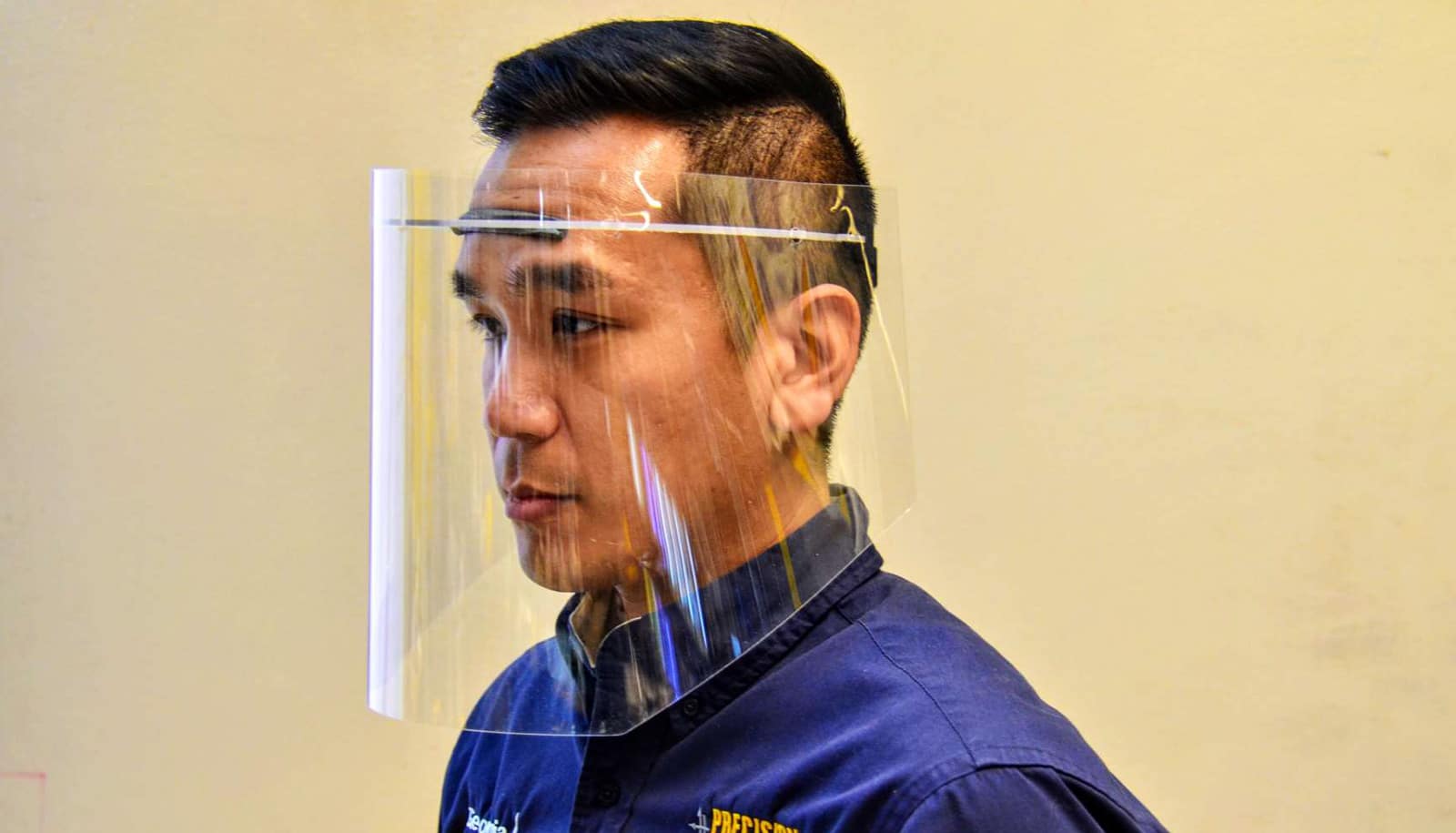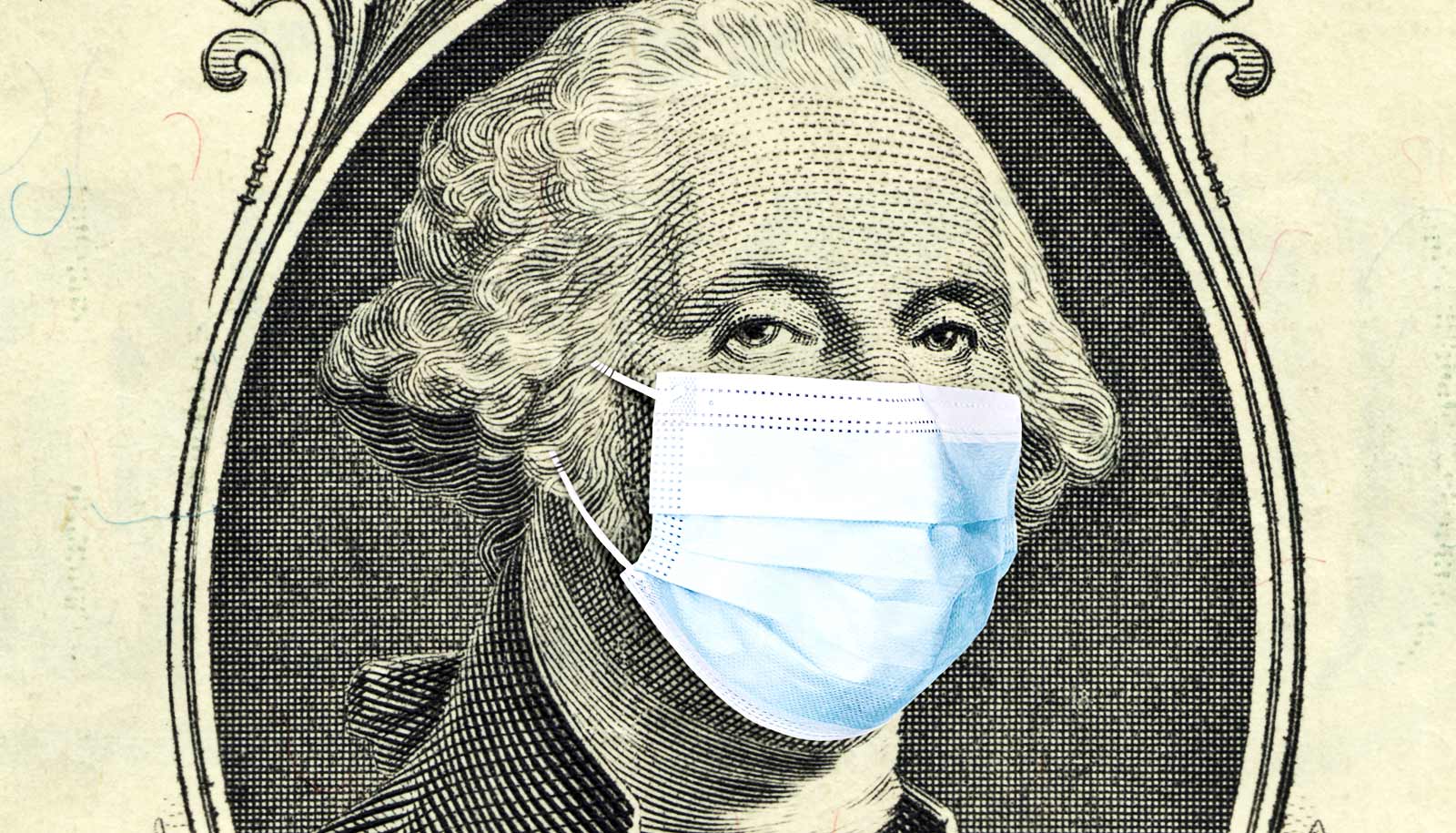A new effort aims to supply thousands of face shield kits to health care professionals on the front lines in the fight against COVID-19.
Using 3D printers and laser cutting machines, researchers developed innovative face shield kits that can be produced rapidly and easily assembled by health care professionals.
“These face shields are a key component of the equipment that helps keep our providers safe while caring for patients during this critical time,” says Kari Love, program director for infection prevention at Emory Healthcare.
The face shields serve an important function of protecting clinicians’ eyes from splashes and droplets and also help extend the life of soft respirators intended to filter out virus particles.
Researchers at Georgia Tech have spent the past week working on several designs and collaborating with infection prevention experts and nurses at Emory to test and provide real-time feedback. The team arrived at two designs—a disposable option and another that is designed to be much more durable and easier to sanitize and reuse.
“The Georgia Tech mechanical engineering team is working to modify open-source face shield designs so they can be manufactured in high volumes for the rapid response environment that COVID-19 requires,” says Christopher Saldana, an associate professor in Georgia Tech’s Woodruff School of Mechanical Engineering. By “directly involving health care practitioners and high-volume manufacturers, we will be able to respond to this effort at the scale and speed required.”
While early prototypes and an initial supply of the face shields were produced at a 3D printing lab at Georgia Tech, the team is partnering with manufacturers to ramp up production of the face shields with plans for supplying thousands of shields per day to state and federal emergency management agencies.
The effort comes from the Wallace H. Coulter department of biomedical engineering at Emory and Georgia Tech, one department in two institutions.
The teams are also looking at collaborating on other types of PPE and devices that are also in high demand during the COVID-19 outbreak.
Source: Emory University



